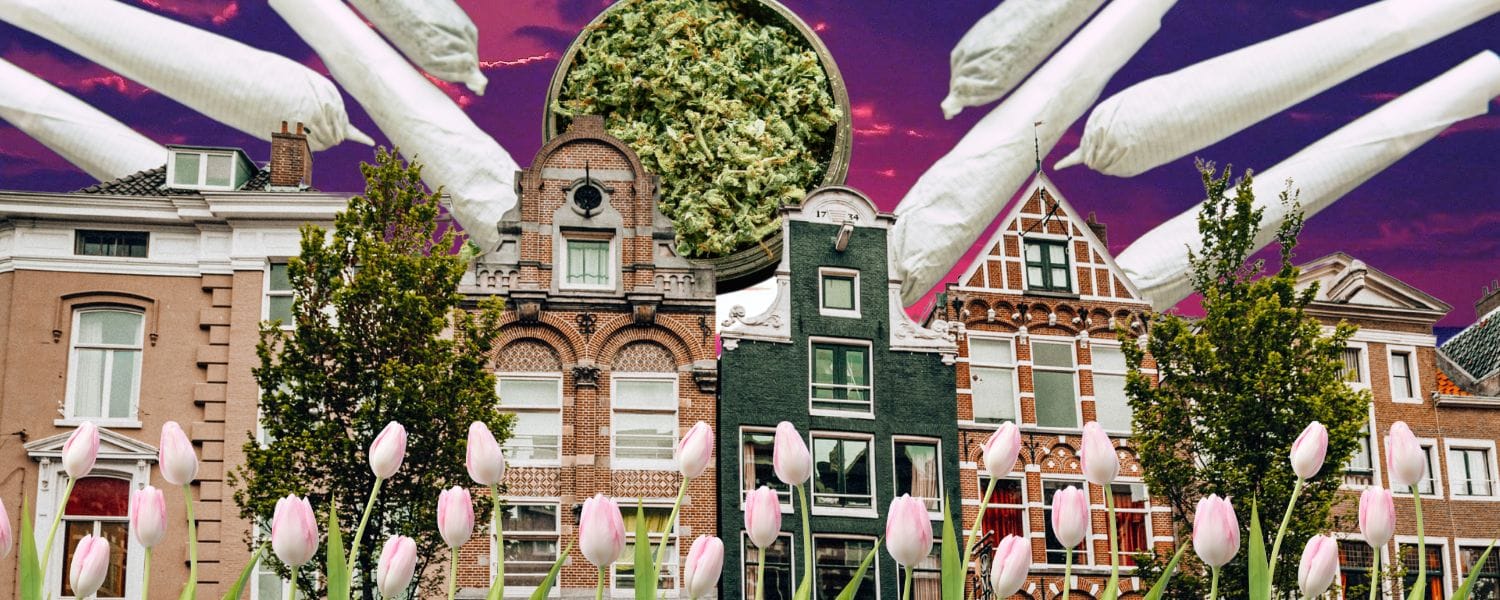Netherlands Launches Fully Regulated Cannabis Supply Chain in Ten Cities
In a landmark move for one of the world’s most iconic cannabis cultures, the Netherlands has officially entered a new era of regulated cannabis commerce. As of April 7, 2025, select coffeeshops in ten Dutch municipalities are now required to sell only cannabis products sourced from government-authorized cultivators.
This shift marks the next phase of a years-long experiment to formalize and professionalize cannabis supply in the country—bringing long-overdue consistency to a famously contradictory policy that tolerated cannabis sales but outlawed its production.
A Legal Framework Decades in the Making
For more than 50 years, Dutch coffeeshops have served as the global model for tolerant cannabis use, allowing the public to purchase and consume cannabis in regulated retail spaces. However, the cultivation and distribution channels behind the scenes remained part of the illicit market—until now.
The Dutch government first announced its plan to pilot a “closed cannabis chain” in 2022, aiming to connect legal cultivation with legal retail in a tightly monitored loop. Under the program, ten state-approved growers are now supplying cannabis to around 80 coffeeshops across ten cities.
This full transition to regulated product sales follows a previous hybrid model launched in June 2024, which allowed shops to sell both licensed cannabis and “tolerated” unregulated supply during the adjustment period. By the end of last year, 70 of the 75 participating coffeeshops had already begun offering cannabis flower and hash from the official channels.
Resistance, Readiness, and Reform
Not everyone in the pilot program was prepared for the April 7 deadline. Earlier this year, several coffeeshop operators voiced concern that the supply chain wasn’t yet robust enough to fully support demand. Nevertheless, the government stood firm on its implementation timeline, emphasizing the long-term importance of building a consistent, controlled cannabis market.
Rick Bakker, commercial director of Hollandse Hoogtes—one of the licensed producers—welcomed the milestone. “Cannabis has been sold here for half a century, but its cultivation was never legalized. It’s time to close that gap and turn this into a professional, regulated industry,” he told the Associated Press.
The pilot will run for approximately four years, during which the government will collect data and evaluate the impacts of a fully regulated model, from product quality and public health outcomes to criminal market displacement and economic viability.
Village Farms Enters the Dutch Market
Among the licensed cultivators participating in the program is Canada- and U.S.-based Village Farms, the parent company of BC’s cannabis producer Pure Sunfarms. Village Farms owns the Leli Holland facility, one of just ten legal cultivation operations approved under the pilot.
Following its first commercial harvest in January 2025, Village Farms has confirmed that shipments to Dutch coffeeshops have begun. This marks a significant moment not just for domestic cannabis reform in the Netherlands but also for international companies looking to enter or expand within the European market.
What's Next for the Dutch Cannabis Scene?
Today, there are approximately 565 coffeeshops operating across the Netherlands. While only a fraction are part of the current pilot program, industry watchers see this initiative as a potential blueprint for broader reform. If successful, the experiment could lead to the full-scale legalization of cannabis cultivation and distribution across the country—finally aligning Dutch policy with the everyday reality of cannabis use.
The Netherlands’ cautious yet historic step toward supply chain transparency and regulation has major implications not only for local businesses and consumers, but also for international investors, public health policymakers, and other nations eyeing similar reforms.
As the country’s cannabis pilot moves forward, all eyes will be on how regulated supply impacts quality, safety, consumer access, and market sustainability—and whether this long-anticipated experiment finally brings the Dutch cannabis model into the modern era.



